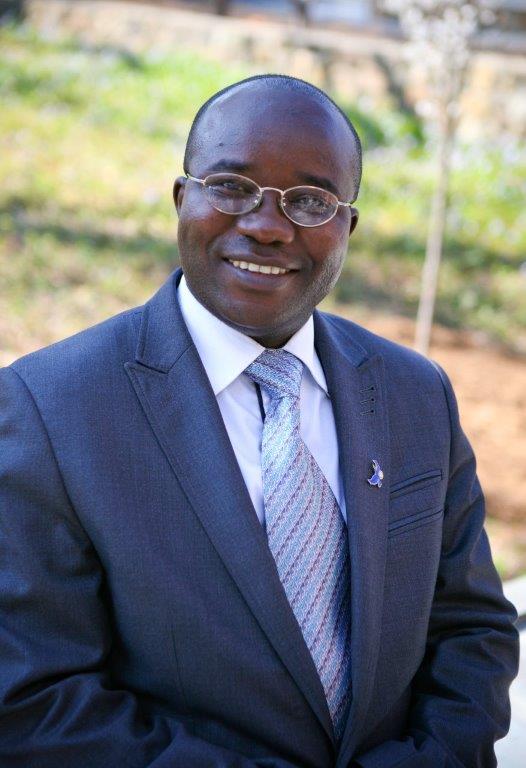Class 11 (2012-2014)

Adrien Lokangaka, Democratic Republic of Congo
University of North Carolina at Chapel Hill – Department of Maternal and Child Health
Dr. Lokangaka graduated from the medical school at the University of Kinshasa in January 2008. Since then, he dedicated his professional life to public health activities when he joined the Global Network for Women’s and Children’s Health Research team in his country, the Democratic Republic of Congo (DRC). The first research study he was involved in was a complex, labor-intensive, community-based study investigating the benefits of different complementary feedings to prevent linear stunting in children six to eighteen months old funded by NICHD Global Network for Women’s and Children’s Health Care Research. That study garnered such interest that in collaboration with his senior research colleagues they submitted and were awarded a subsequent grant by the Bill and Melinda Gates Alive and Thrive Foundation. That grant enabled them to extend the scope of their investigation to assess whether locally available and culturally acceptable alternatives such as ground caterpillar cereals prevent linear stunting in Congolese children. From 2010 to 2012, Dr. Lokangaka also coordinated a high caliber study, the Neonatal Sepsis study that aimed to evaluate simpler antibiotic regimens which can be used for provision of safe and effective treatment at first level facilities and in the community for 0-59 day-old young infants with suspected severe infection or fast breathing whose families do not accept or cannot access referral level care. An important component of this study was the home-based care of pregnant women. In the above mentioned research studies, Dr. Lokangaka served as Country Coordinator (Study Coordinator). In that position, he assisted the Principal Investigator in all aspects of study implementation. His responsibilities included planning and implementation of training, supervision of conduct of study, oversight of importation of materials and supplies, and serving as the liaison with community stakeholders (health facilities).
At the Department of Maternal and Child Health, Dr. Lokangaka plans to study public health program planning, development, implementation and assessment. He wants to be more professional in his service to his country. This education will provide him with the intellectual tools that will facilitate his goal of program development and implementation. In addition, an MPH is virtually an enabling credential in the environment of global public health. With this degree, he will more easily navigate the complex world of governmental, non-governmental and philanthropic agencies that support programs in the Democratic Republic of Congo (DRC). Upon completion of the MPH, he plans to contribute to the improvement of health outcomes in the war-torn DRC through designing, implementing and assessing interventions/projects on improving maternal and children’s life quality. Peace in the DRC must begin with an end to armed conflict. The citizens must be safe from bodily harm. However, for the average Congolese citizen, peace in their lives will only come when they also have security from other consequences of conflict. They must be safe from hunger and malnutrition, and they must have adequate health care and be safe from preventable illness. The Peace Fellowship will allow Dr. Lokangaka to contribute to these goals.
Applied Field Experience
RTI International in Durham, NC